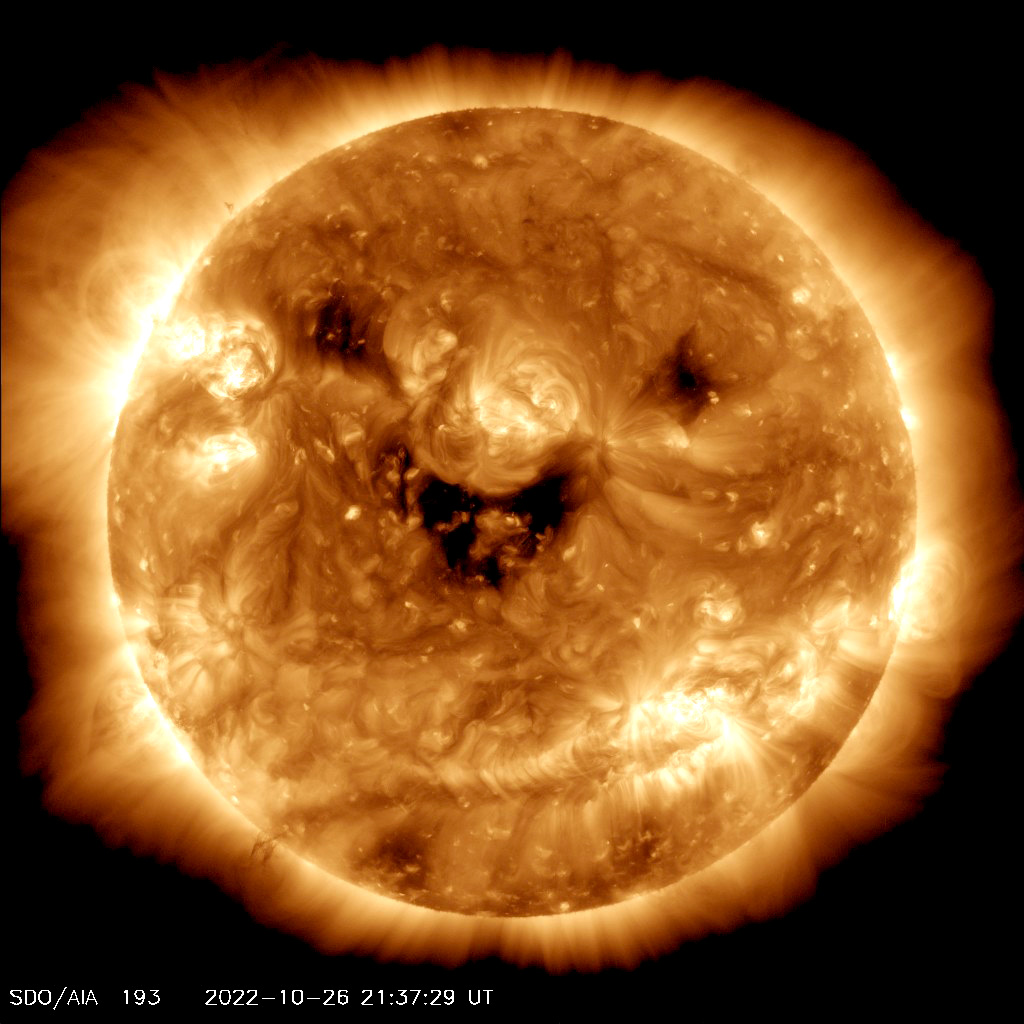We have a household of two and I just started a 43 gallon capacity rotating composting bin. Our weekly egg consumption is high and there’s an additional load of volunteering (baking) where I have to dispose of 2-3 dozen egg shells at a time.
What’s the maximum number of shells I can expect to toss in the compost each week? Any ideas on how to dispose of the rest without going right to the trash? We only have recycling and yard debris pickup, no city compost options. Thanks in advance!


Vegetables generally can’t get infected by pathogens that infect animals or humans, so that’s right, washing them off, or better yet cooking them, should be enough.
The airborne pathogens however… well, they’re airborne, so a poorly managed compost pile can spread them directly through the air, that you can breathe. Keeping compost piles in residential areas should probably be regulated.
I would rather try to eradicate it before the composting, so I don’t risk someone eating a tomato fresh from the sun, or something not getting washed sufficiently before it goes in a salad. But baking the egg shells not only kills salmonella and other bacterium, but it also makes the calcium and other nutrients more readily break down into the compost.
It’s really not a hassle, for me. I make a lot of frittatas, and also bake bread. So I’ll either throw the frittata egg shells on some foil as I preheat the oven and cook the frittata on a higher rack, or reserve a few days worth.
At some point I’ll have my own chickens, and I plan to vaccinate them. But I’ll still bake the egg shells, so that the minerals are more available in the compost.
If you have chickens, you don’t need to compost the shells, just crush them into the chicken feed and they’ll use the calcium to produce more eggs. Sort of natural recycling. It also prevents them from pecking at eggs and breaking them if they lack calcium.
Good to know, thanks!